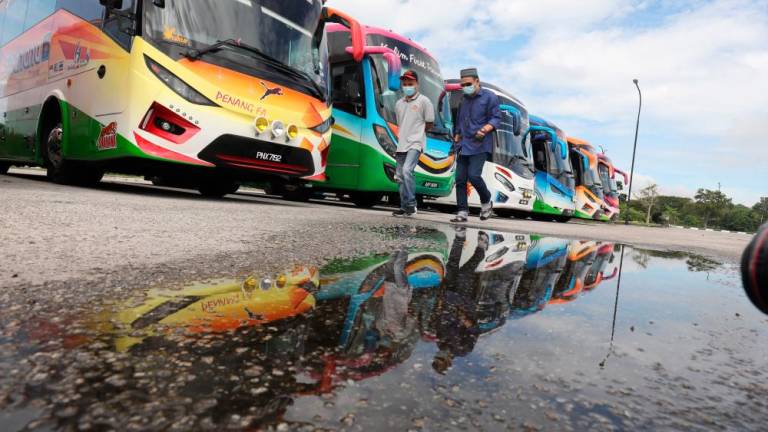SOUND public administration is very much about being effective (doing the right thing) rather than just being efficient (doing the thing right). Effectiveness and its remedial measures address the real cause, not merely the symptoms, of the issue at hand.
Wasted billions, inaccurate data pointing the government in the wrong direction over aid spending for the urban poor, is arguably a case of being ineffective, that is not doing the right things says Malaysia Trade Union Congress.
If anything, Covid-19 highlights the big divide in Malaysia between those that have the resources to survive and others who are not as fortunate. Covid-19 is not just a health but an economic crisis, more so for our poor citizens.
Based on official poverty lines set at RM920 per household at the national level from our Department of Statistics, Malaysia’s poverty level is a low 0.4%.
Social experts have long argued that this figure is not realistic in light of actual living costs. Some say a figure closer to RM2,000 is more realistic. If so, this brings the country’s poverty rate up to about 8.8%. So, it is important for the government to do the right thing to reduce poverty for this sizable group.
Relief measures, including 1Malaysia People’s Aid or BR1M, is welcomed as it targets the bottom 40% (B40) of our household income segment. The popularity of these cash-based assistance programmes has somewhat diverted or delayed serious examination and discussion of how to address the underlying issues of poverty.
Stakeholders, including our government and wider community, have to address the reality that a sizeable number in our society do struggle to get by with limited access to basic needs of food, shelter, education and healthcare.
As it takes a long time to effectively address all these basic needs, it is simply a case of the sooner the right things are done for them, the better it is for them and our broader society too.
Good governance principles highlight the focus on needs-based economic strategies.
Importantly, the public economic agenda must focus on the effective strategies that help to reduce the income and wealth gap in our nation.
In striving to achieve high income status, we must also strive to ensure we do not leave any group behind.
It is also relevant to note that our Constitution, viewed as an economic statement, envision harmony and unity, which is enhanced by promoting equitable or needs-based policies.
Sze Loong Steve Ngeow
Kajang













